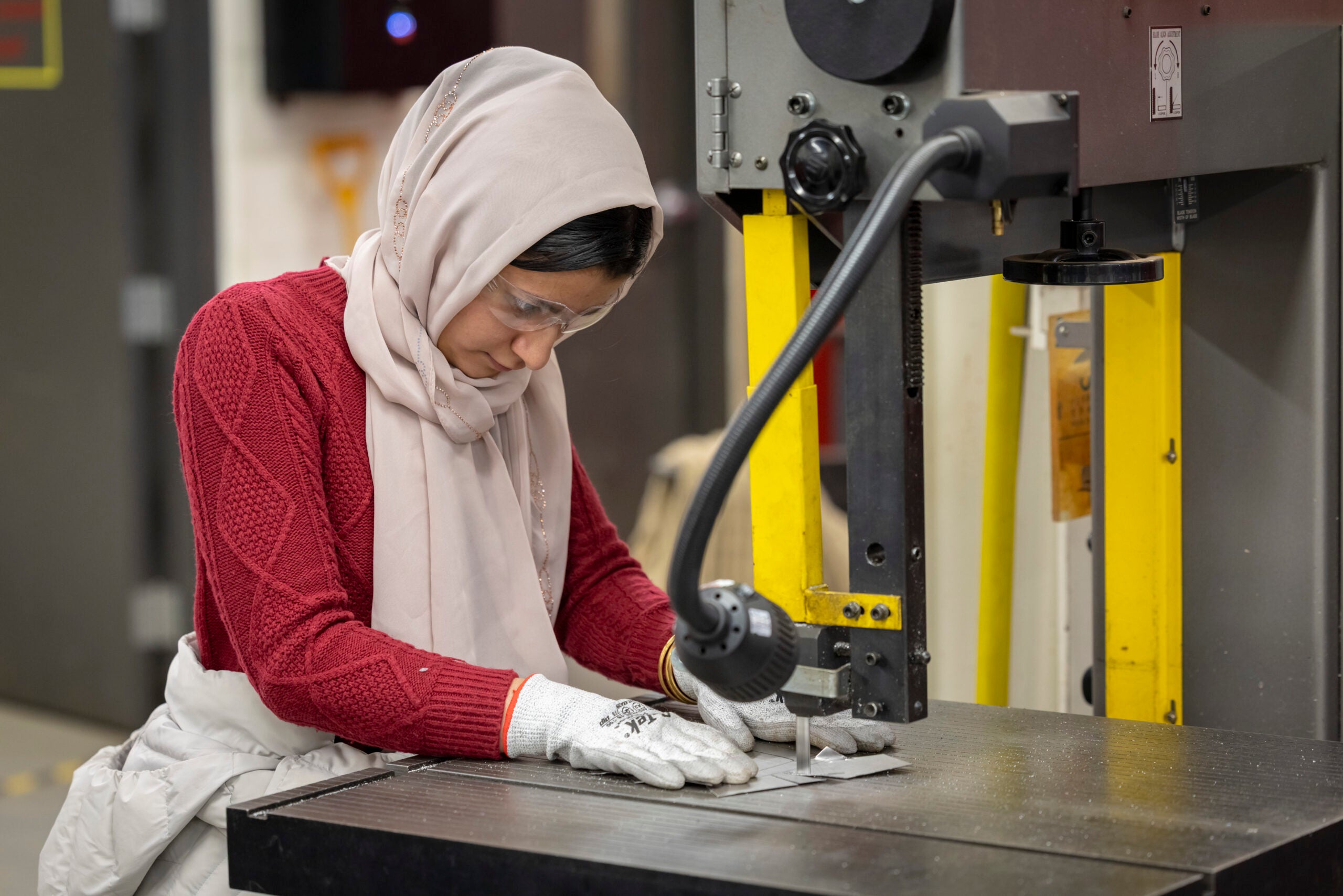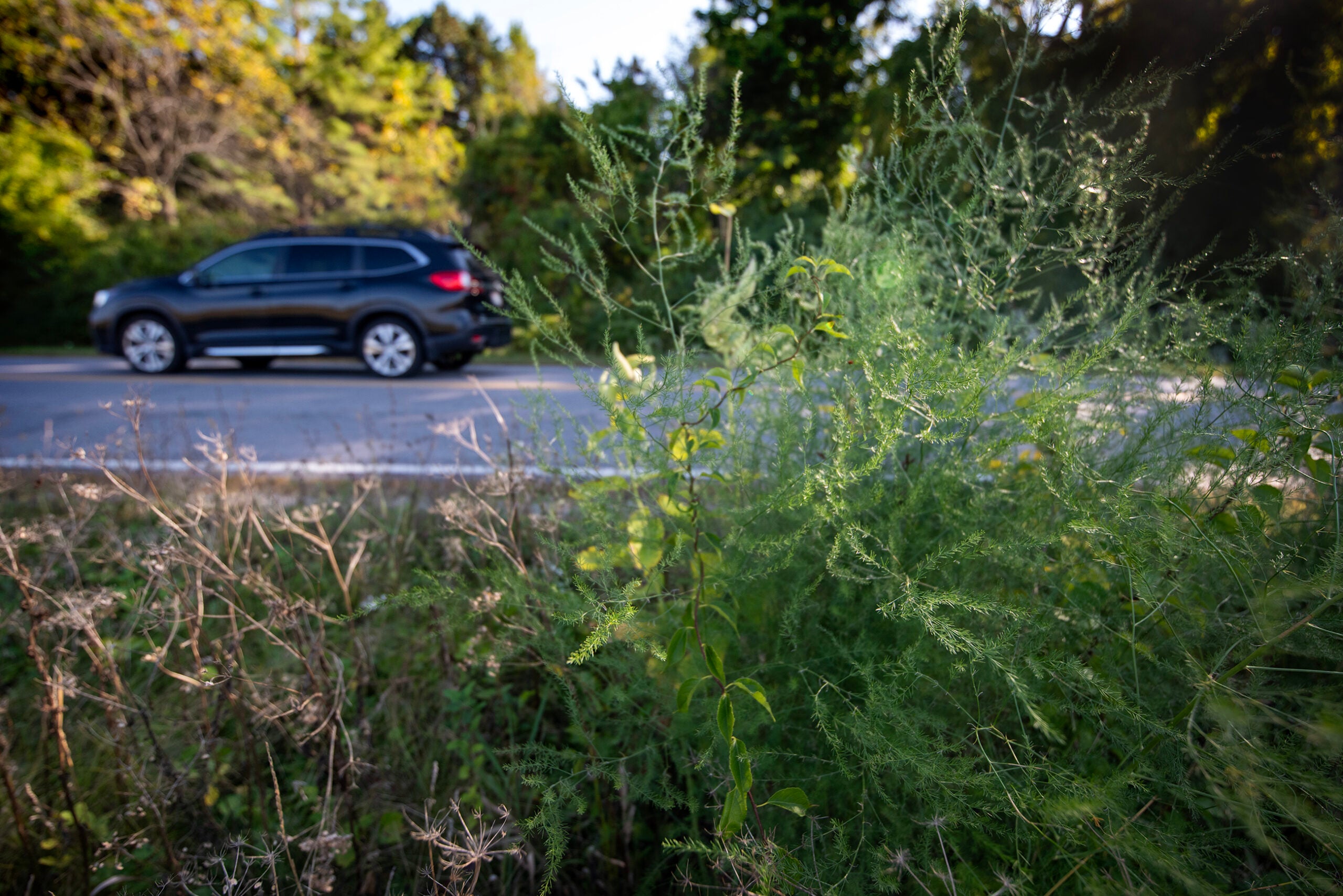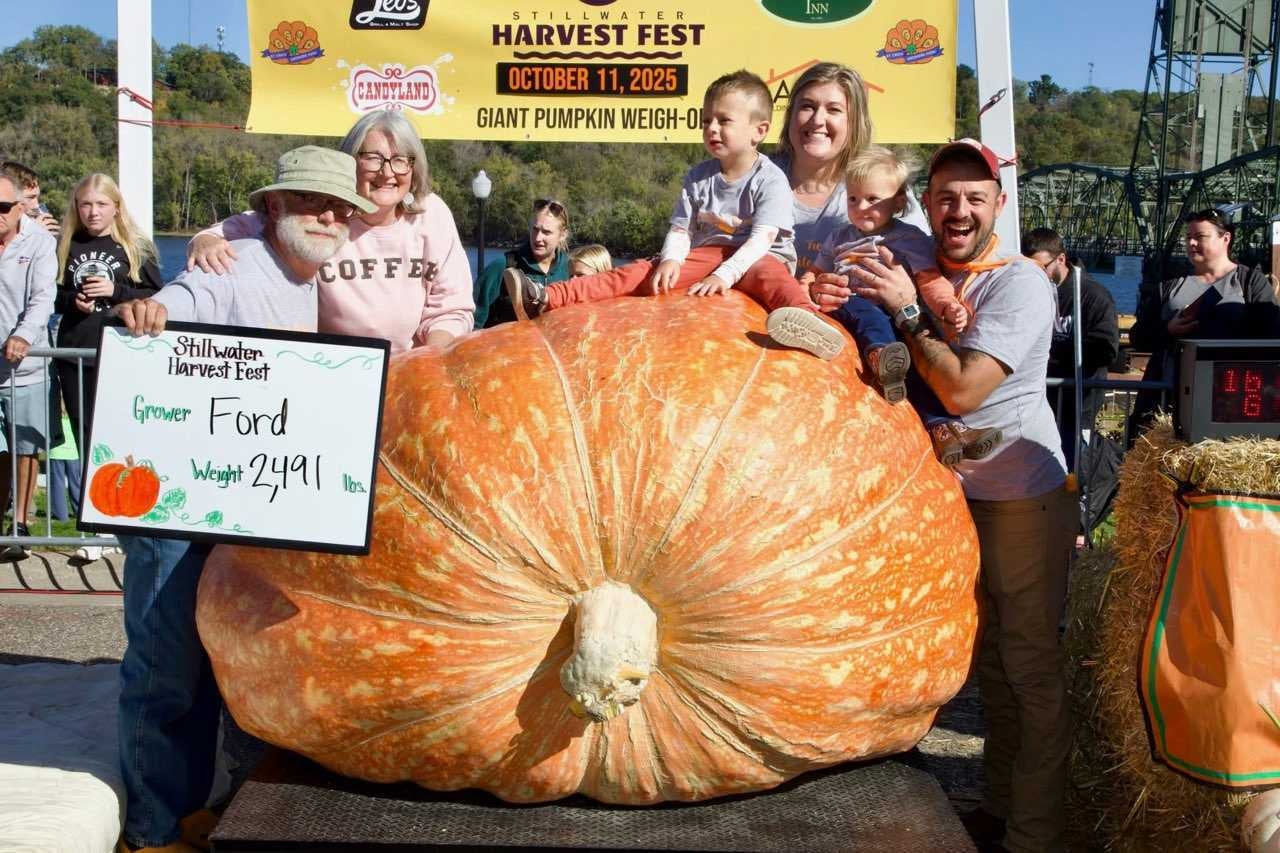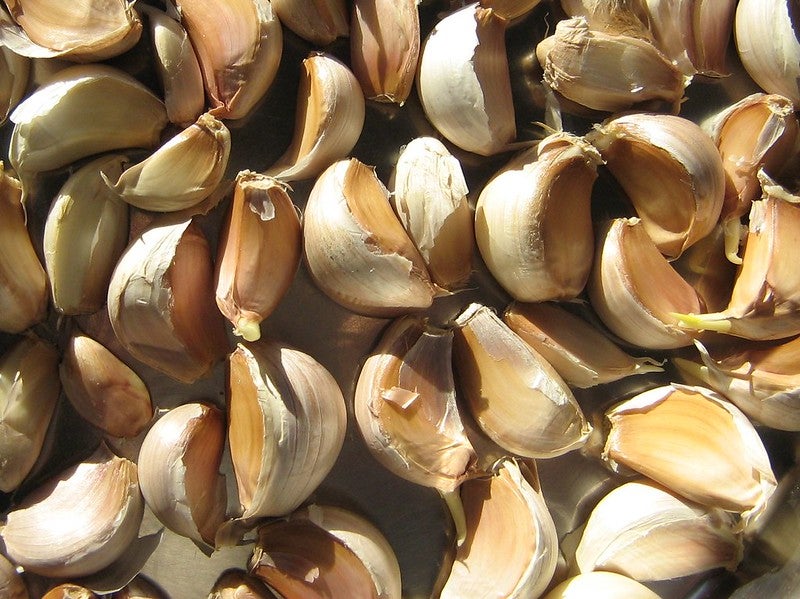The state Division of Juvenile Corrections is trying a new approach to dealing with troubled teens. On a few acres just outside of Madison, a group of juvenile offenders at the Grow Academy are learning to grow their own food while they earn a high school diploma.
Walking through the one-acre garden plot in a field above the dormitory where he will live for six months, 14-year-old Sterling proudly listed off the vegetables he’ll be planting once the ground warms up enough:
“Potatoes, radishes, kale, mustard, some other stuff.”
News with a little more humanity
WPR’s “Wisconsin Today” newsletter keeps you connected to the state you love without feeling overwhelmed. No paywall. No agenda. No corporate filter.
Amid a row of fruit tree saplings at the edge of the garden plot, Jennica Skoug from the nonprofit group Community GroundWorks instructed a group of teens how to prune the branches.
“No that’s a good one, we want to leave that one. We want to just look for anything that’s broken or dead or crossing each other,” she advised.
Grow Academy students trimming branches. Gilman Halsted/WPR
This time of year, much of the agri-science curriculum the Grow Academy uses is taught in the classroom where the students have built platforms out of old bunk beds and mounted grow lights for getting onions and pea seedlings started. Pointing to a large calendar on the wall, Skoug explained it’s also where they’re taught when to plant what.
“What does the average last frost date mean — so the last day that we would expect to have a frost in Madison. So some things we can plant before the frost, and some things we have to wait til after that last frost,” Skoug said. “And then they have to kind of put it together like a puzzle based on this date.”
It’s a hands-on approach to teaching math and science skills. Kate Elvidge, the regional director for the state’s juvenile corrections office said it’s based on research done on the effectiveness of horticulture therapy.
“A lot of these kids, they don’t function well in traditional classrooms where it’s lecture style,” Elvidge said. “They tend to learn more by doing things.”
Elvidge said it appears to be working well.
“When you see them planting the seeds they grumble about it because it’s work but then when they see the plant start growing and the fruit start coming, they’re really actually proud of what they’re doing,” she said. “And when we have tours in the summer, they’re right out there at their garden showing off what they’ve planted and when their families come, they’re able to harvest things.”
Elvidge said the garden is also used to teach nutrition and cooking skills. Last month, the eight students in the program held an Iron Chef-style contest to see who could cook the best dinner incorporating some of the produce from the garden. The program also includes field trips to commercial kitchens to learn skills that might lead to a food service job.
“Many of them return to (the Madison) community, so to be able to make those connections with potential employers, of places that they’re gaining experience from here, is really a benefit,” Elvidge said.
And there’s also a restorative justice component. Each week Grow Academy students serve a meal to the homeless at a local food pantry.
“We feel like it’s a good opportunity, a good exposure for them and a chance for them to give back to the community,” Elvidge said. “And so all of these activities really are them practicing to show people that they don’t have to be incarcerated, that they can, you know, choose a different path when they leave here.”
The academy is only in it’s second year, but it has the capacity to grow to a dozen student. And already, they have plan to sell some of the produce from the garden at one of Madison’s farmer’s markets.
Wisconsin Public Radio, © Copyright 2026, Board of Regents of the University of Wisconsin System and Wisconsin Educational Communications Board.





